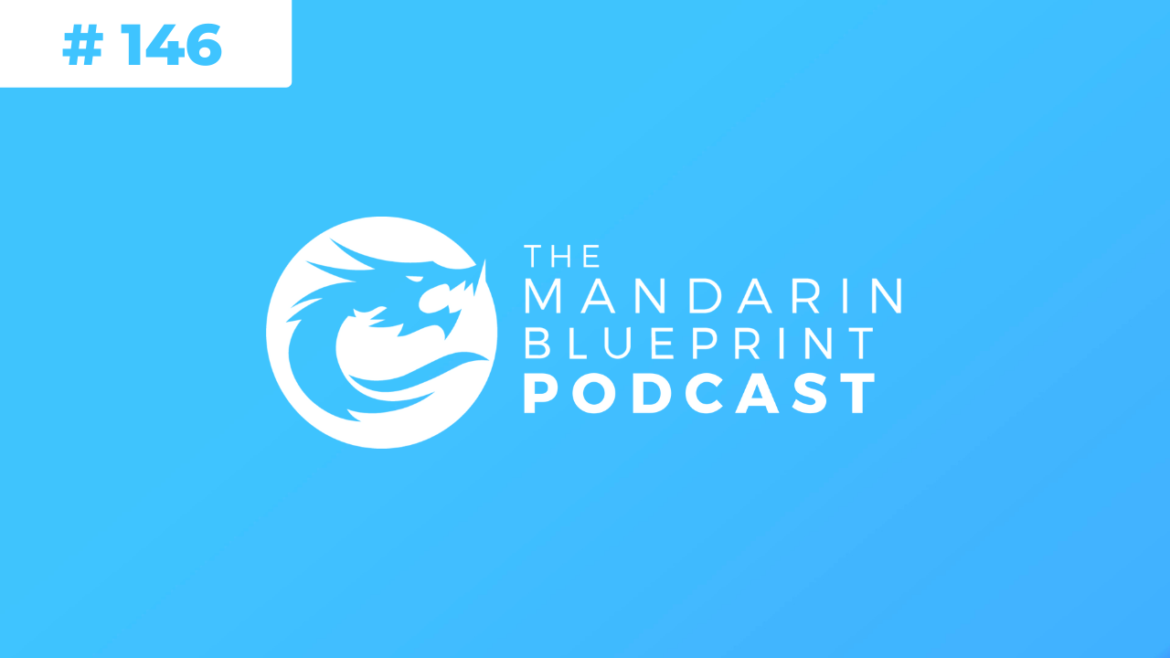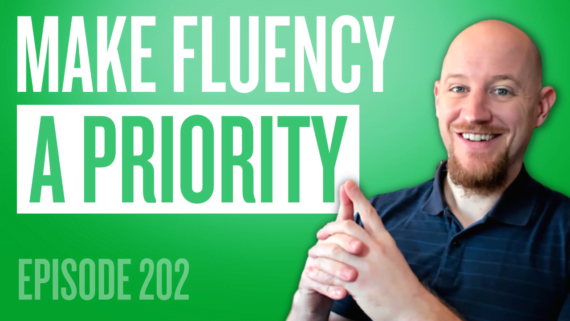Donate to Create The Mandarin Blueprint Advanced Course!
Help us fund the creation of the MB Advanced Course:
Go Fund Me: https://gofund.me/f9eafc35
PayPal: https://paypal.me/mbadvancedcourse
欢迎光临! Welcome!
You can now subscribe to the podcast on iTunes, Stitcher, Spotify, or you can subscribe by copying the following URL into your favorite podcast APP:
https://www.mandarinblueprint.com/feed/podcast/
The Mandarin Blueprint Podcast focuses primarily on The Mandarin Blueprint Method online curriculum. Creators Luke Neale & Phil Crimmins answer questions and comments, discuss topics related to China and Mandarin learning, and have special guests.
0:00 Affiliate Link & Reviews
Become a Mandarin Blueprint Affiliate
Leave us a Google Business Review 🙂
Leave us a Facebook Review
08:34 Comments & Emails
ryan.bailey1993 on (BONUS) The Drawbacks of Having Bad Pronunciation
Really glad I found this course that will help me to develop my chinese fluency – my goal is that 94% understanding of Chinese within the next 1-2 years which I feel is totally achievable with this methodology. Should I combine this program with Pimselur and Rosetta stone and duolingo if i already have access to all of them before this program? Spend 30 min a day on each of the above programs and a hour on this?
12:27
Raiyan Syed on 关 in Context
So is 关上 one of those verb-result patterns where 上 indicates successfully closing something?
12:50
Matt Shubert on 外国人学中文不能太心急
I was a bit startled by this sentence:
答案是:汉语不难,也不是你学得不好,而是不够好
Particularly the last little clause. Is this saying something like: “The answer is that Chinese isn’t hard, nor are you studying wrong, but rather you’re not good enough.”
I suspect that’s not the intended translation given the overall optimistic tone of the piece and that’s quite a negative sentiment… but I’m not sure how else to translate 不够好…is it supposed to be more “you don’t know enough well”? That one bit aside – this particularly piece of content resonates with me a lot, I was feeling pretty good until the paragraph content of lesson 27, which is really testing my confidence and making me wonder if I really am just not good enough. My reading out loud is painfully slow on these and I mess up my tone sandhi changes constantly. In terms of comprehension, reading is ok, but I feel like when I do blind listening, it only makes sense because I’ve begun to memorize the sentences unconsciously from so much replaying. Only thing to do is swallow the anxiety and power through I suppose.
19:15
Melanie on Casting Call G- 2/55
I have to admit I’m getting frustrated. I’ve spent a lot of time watching all the linked videos, reading the Google docs, etc. A bit hard to keep the faith here. I’ve learned hundreds of hanzi without this method (although, admittedly I don’t retain the tones), and I sure hope all this is going to pay off because so far it is neither fun nor easy. Finding the directions confusing. Looking for some reassurances here. I need to pick up the pace because I have a lot of studying to do!
23:04
Julie Hentschel Lund on 闻 in Context
你闻到了饭香吗?
Another question for this example. Do we actually need 了after 闻到? With 到 it sort of implies that you have successfully done it, so why have 了 as an extra indicator of something that’s been done?
25:18
Julie Hentschel Lund on 关系 in Context
你越有关系,机会就会越多。
Why do we have a 多 by the end of this sentence? I don’t see any purpose for it.
27:45
Kairi Shikari on Vocab Unlocked from 季
Is there much difference between words like 冬天 and 冬季?
28:34
Xiao En on 起飞 in Context
Why do we need “了” in the sentence 我马上就要起飞了? Isn’t that “了” is to indicate completion of an action, when in this case, the person is still about to do the action of “taking a flight”?
31:33
Xiao En on 还是 in Context
In the sample sentences 我还是早上来吧 and 我还是明年去中国, how will I know if 还是 means “better” or “still”?
33:55
Xiao En on 坏 in Context
In the sample sentence 这个坏人的个子不高, can I also simply say 这个坏人是不高 or 这个坏人不高?
35:12
Rick Angleland on 你喜欢做什么
Re 我认识好多呢! If I was translating the English to Mandarin I would probably try for 我认识好多得。 Would that still be acceptable? i.e. assuming the sentence is a shortened version of 我认识好多得东西。 (putting aside the 呢!for this question)



